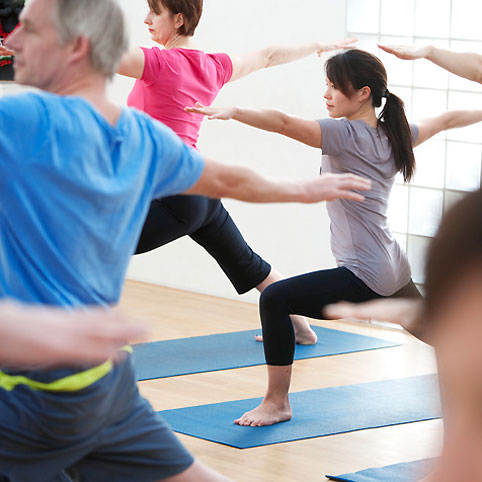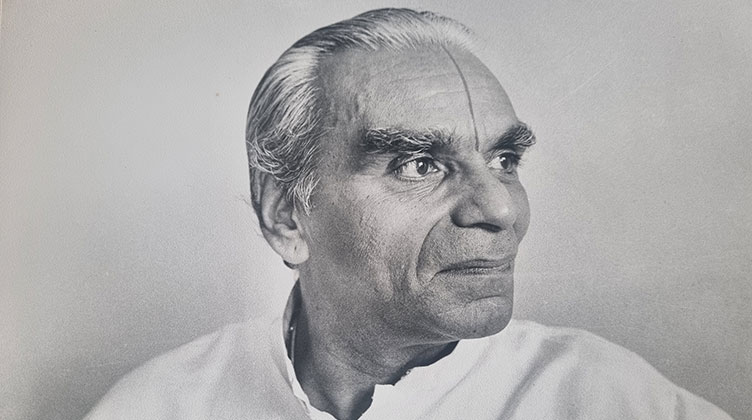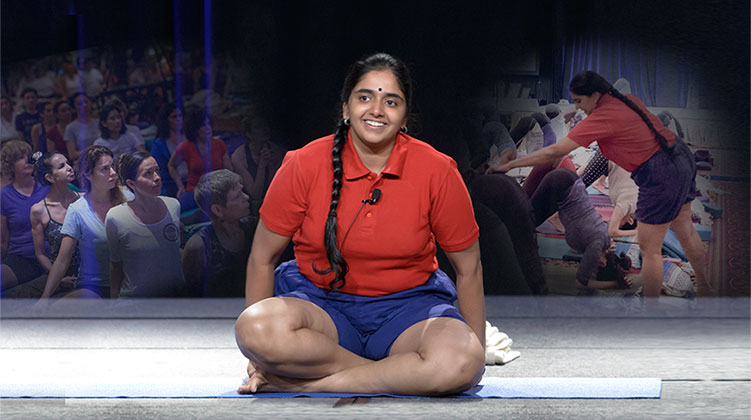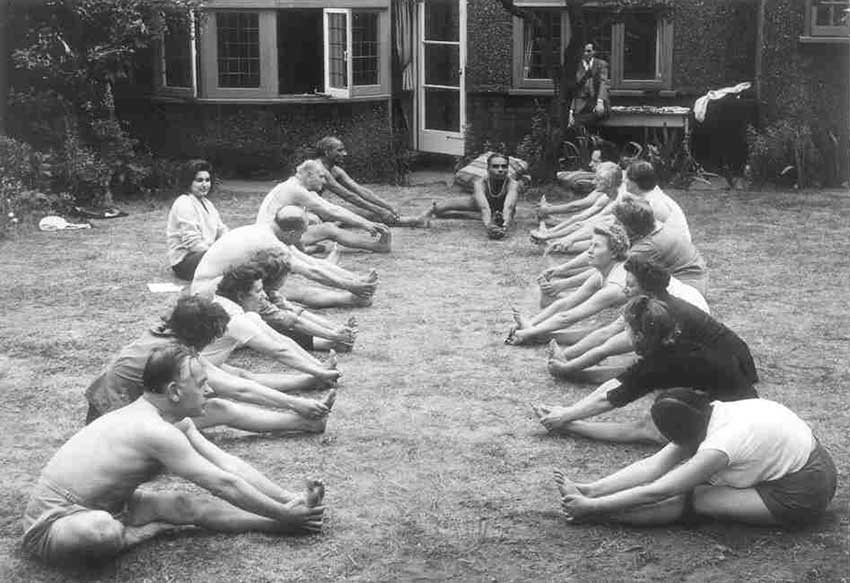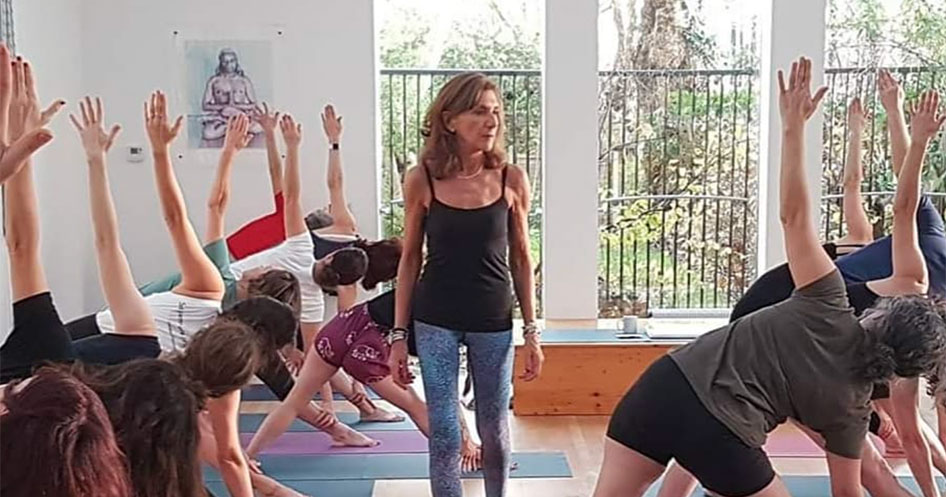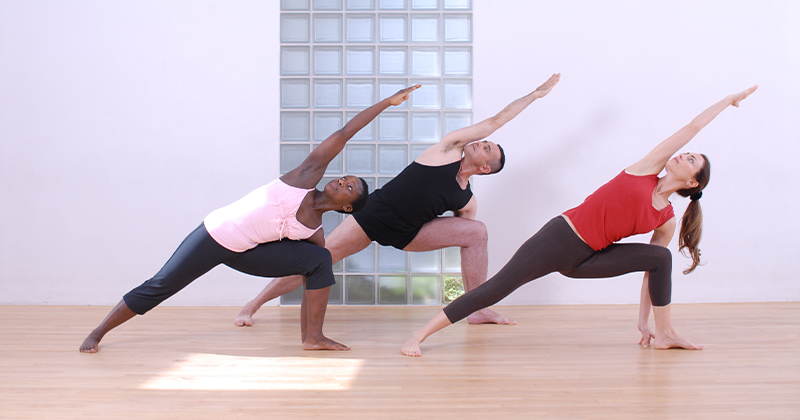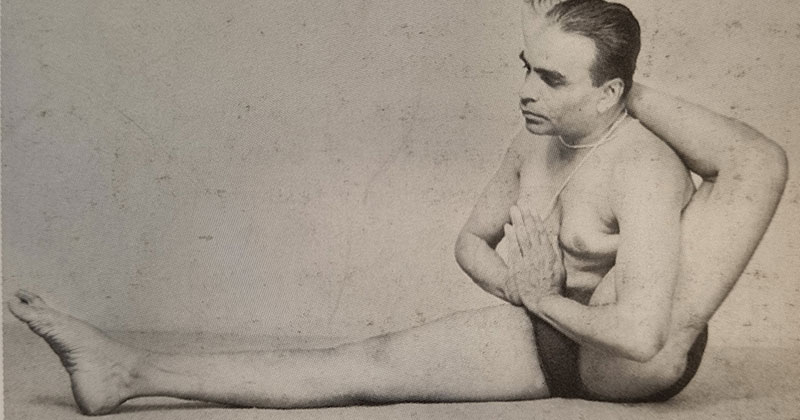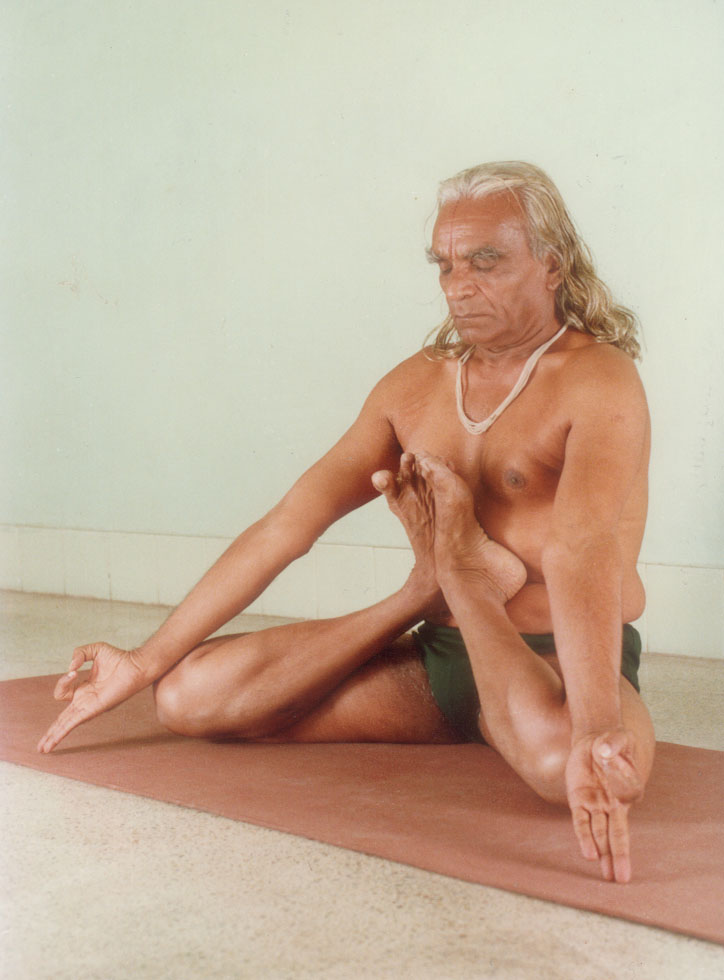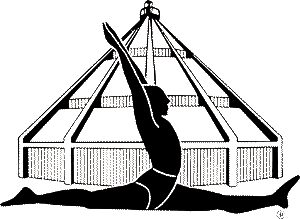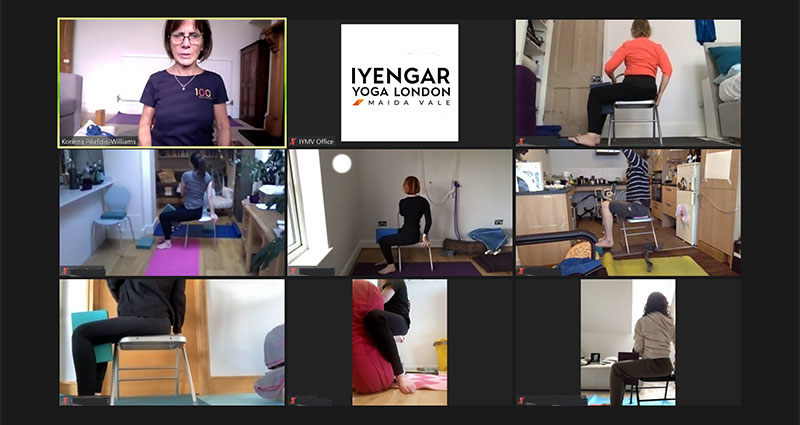
Research Article – Yoga for People living with Multiple Sclerosis
Yoga therapy teacher, Korinna Pilafidis-Williams, runs a class for neurological conditions including multiple sclerosis and parkinsons at Iyengar Yoga London. MS is an incurable neurodegenerative and chronic inflammatory disease that affects the central nervous system. In Europe and North America, it is the most common cause of neurological disability in young adults, with diagnosis normally between 20-40 years. Symptoms of MS vary but can include depression, fatigue, chronic pain, muscle weakness, spasticity, decreased strength, balance and gait problems. All of these can lead to reduced physical activity and increased risk of falls. Evidence suggests that people with MS find yoga particularly beneficial for reducing pain, depression and fatigue, increasing strength and improving quality of life.
During the COVID-19 lockdown, Iyengar Yoga London moved the weekly studio class online so students could take maintain their yoga practice from home on Zoom. Before the livestream classes started, Korinna visited each student’s home to ensure their space was safe and could be set up properly for yoga practice. The weekly livestream Iyengar yoga class for people living with Multiple Sclerosis was used by health researchers from Northumbria University and the School of Health and Life Sciences at Teeside University to investigate the motivations, experiences and sustainability of home-based yoga practice for individuals living with MS in a study called ‘Yoga provision for individuals living with Multiple Sclerosis: Is the future online?’
The researchers used a focus group and semi-structured interviews on Zoom with the teacher and the livestream class students to gather data. They found two key themes. The first was around the environment, which included issues around setting up for Iyengar yoga practice at home, the differences in experience between home and studio practice and levels of social interaction in a livestream class versus an in-person class. They named the second theme they identified from the data future provision. This covered the the benefits of live versus recorded online classes and the potential for hybrid classes (simultaneous studio and online teaching).
The main point of difference between home and studio was the absence of physical support from a teacher. In the studio the teacher, or one of her assistants, can help students get into the correct Iyengar yoga posture and go and fetch equipment to improve a pose if needed. Students value this physical support and some felt less confident practising more demanding poses without physical help at hand. Others felt that they did not push themselves as hard without the teacher observing them in person.
An important point to note is that when a new student joins the studio class, Korinna spends some time with them to understand their condition and their physical boundaries. For the livestream class, she managed to carry out a thorough of their assessment on Zoom before they joined the online class.
The students at the MS & Neurological Conditions Iyengar yoga class said they valued the social interactions with peers who understand each other’s condition. While they still appreciated the social interaction online, they preferred the face-to-face contact. The social interaction with the teacher was made more problematic in livestream classes as the students needed to keep their microphones switched off so they could hear the teacher without any background noise. This meant asking questions during class more difficult.
Students preferred the livestream Iyengar yoga class format to pre-recorded classes as it allows for social interaction. Livestream yoga classes also allow the teacher to personalise the sessions and tailor yoga poses to individuals in the class. The students suggested that a hybrid approach, where they could attend the studio but would have an option available to practice from home if they were not feeling well enough to travel to class, would be ideal. Travel can be a major barrier for students with MS as mobility can often be affected and for those whom public transport is not an option, getting to the studio can be expensive.
You can access the full research article here.
When students were able to return to the studios after lockdown restrictions ended, Korinna established the MS & Neurological Conditions class as a hybrid class. She teaches students simultaneously in the studio and at home on Zoom. We are glad to report that this has been working well.
Find out more about the Iyengar Yoga for MS & Neurological Conditions Class >
Read one student’s experience of the Iyengar Yoga for MS & Neurological Conditions Class >
Blog categories
Become a member
Join our community to get reduced class prices, early booking for events and workshops plus access to the studio for self practice.
Recent news and articles
2024 Convention – Group Livestream Event
7 March 2024|
The First Public Iyengar Yoga Class in the UK
22 November 2023|
NEW Hybrid Classes
5 September 2023|
7 Day Visitor’s Pass
26 June 2023|
Geeta Iyengar on Why We Practise Difficult Asanas
26 June 2023|
